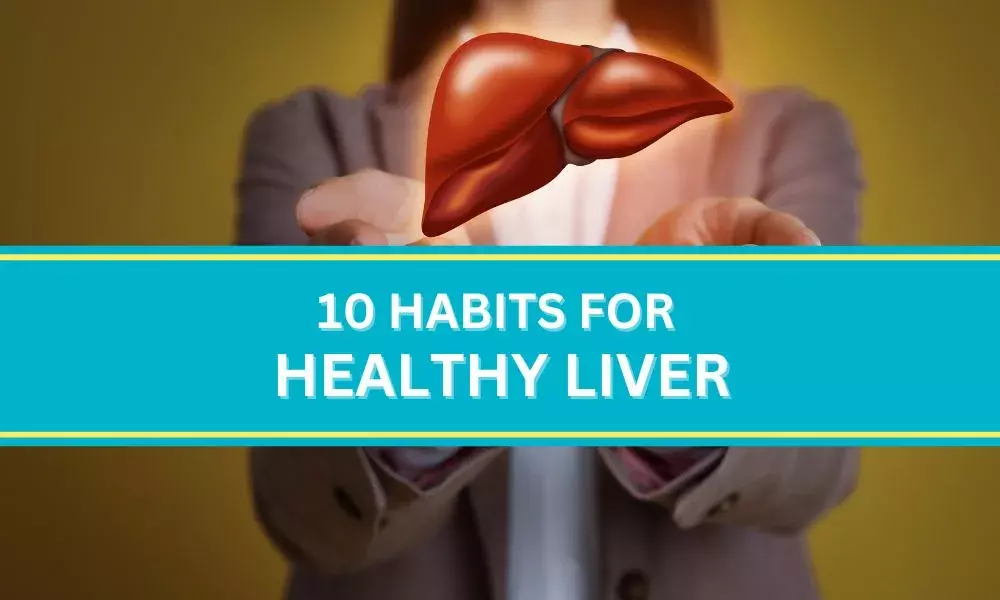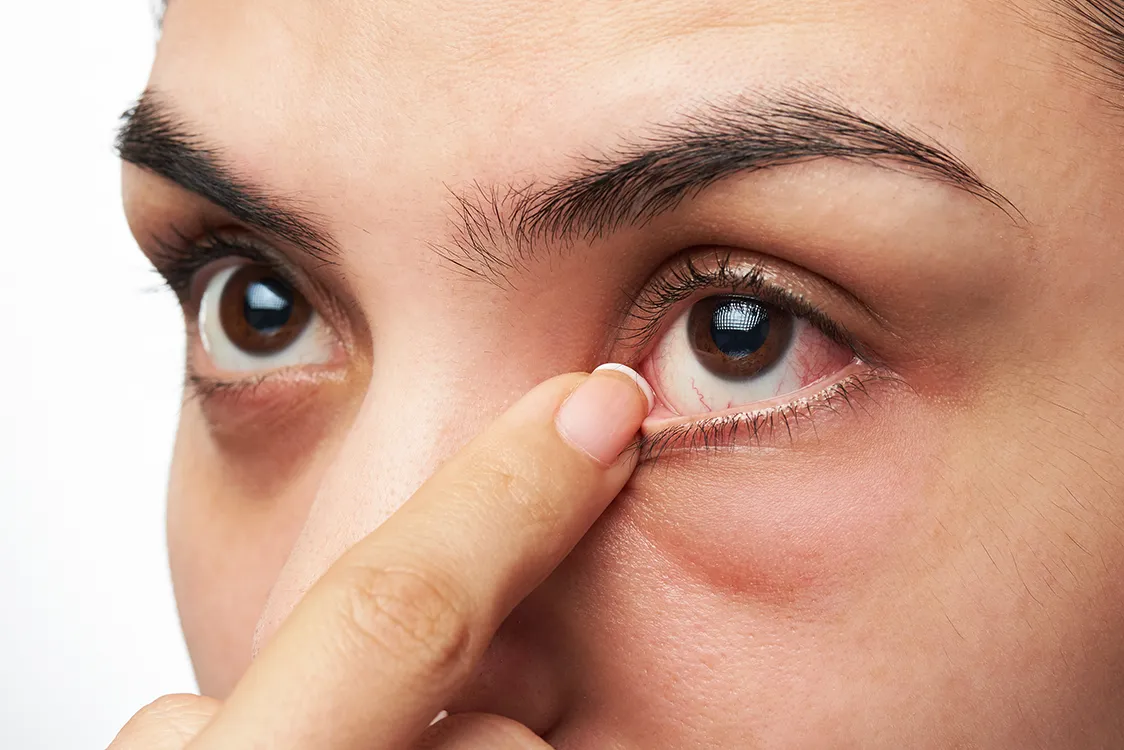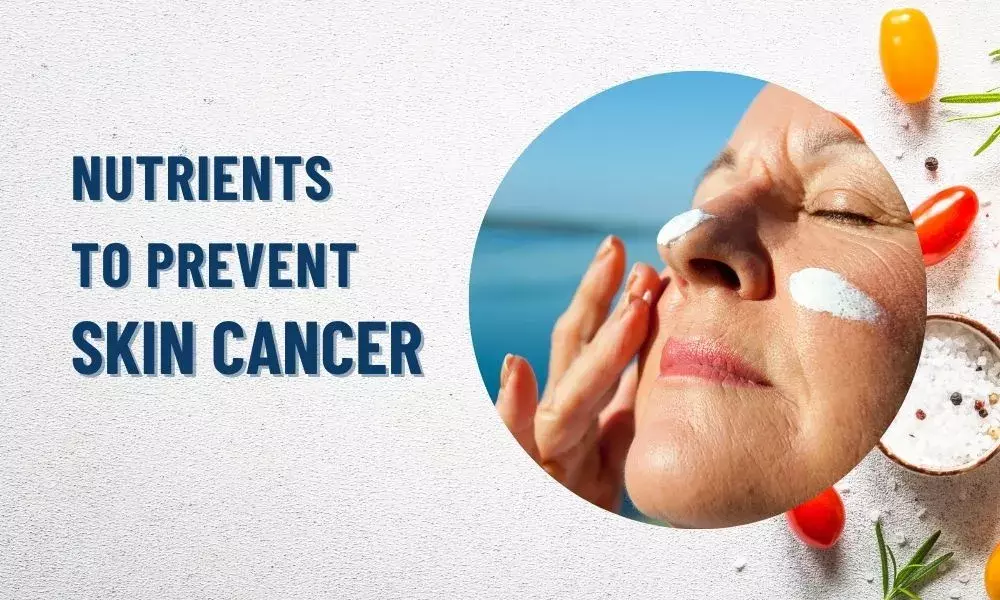A healthy liver is the foundation of your overall health. It is responsible for multiple processes in your body. Therefore, liver health should be one oy your top priorities.
The liver is one of the largest organs in the body; it removes all toxins, clears medication, and metabolizes (breaks down) food. It also adjusts cholesterol levels, builds proteins, and makes bile, which helps you absorb fats, stores sugar when needed, and regulates hormone levels.
Our hectic schedules, unhealthy diets, irregular sleep patterns, and increasing stress might damage our liver health.
It is, therefore, essential to know healthy habits that can help you improvise and enhance your liver health.
Dr. Sonal Mhatre, BHMS with 17 years of Clinical experience, shares ten habits that can help you maintain your liver’s health.
Ten Habits for Good Liver Health
-
Balanced diet: Eat a balanced diet. Avoid high-calorie meals, saturated fat, refined carbohydrates (such as white bread and regular pasta), and sugars. You must have a fibre-rich diet; fresh fruits, vegetables, whole grain bread, rice, and cereals are some good sources of fibre.You may eat meat (but limit the amount of red meat or avoid red meat), dairy (low-fat milk), and fats (the “good” fats such as vegetable oils, nuts, seeds, and fish). Hydration is essential; ensure that you drink enough water and keep yourself hydrated. Never eat raw or undercooked shellfish.
-
Exercise regularly: When you exercise consistently, it helps to burn triglycerides and can also reduce liver fat. Staying physically active helps keep fatty liver away and helps in maintaining good health.
-
Maintain a healthy weight. If you are overweight, you can be at risk of having a fatty liver. It would be best if you consciously are watchful about your weight. Maintaining a healthy weight can also keep you away from many other health issues, especially cardiac-related diseases.
-
Be careful about alcohol consumption: Alcohol-based beverages can be dangerous to your health. They have a damaging effect on liver cells and can scar your liver. If you experience a specific abnormality after consuming alcohol, you must consult a doctor immediately. You may be suggested to drink alcohol only in moderation or to quit altogether.
-
Avoid illicit drugs: Illicit drugs have a damaging and irreversible impact on your liver. Avoid consuming illicit drugs like marijuana/hashish, cocaine, heroin, hallucinogens, inhalants, or prescription-type psychotherapeutics (pain relievers, tranquilizers, stimulants, and sedatives) used non-medically.
-
Take medication as instructed: Follow directions on all medications. When medicines are taken incorrectly, your liver is at risk of being harmed. Never take medicines while having alcohol or immediately after having it. You must inform your doctor about any natural or herbal remedies, over-the-counter medicines, or supplements that you use.
-
Hand hygiene: Wash your hands regularly. Hepatitis A is a contagious liver infection and is caused by the hepatitis A virus. This spreads through contact with contaminated food or water. You must use soap and warm water immediately after using the bathroom (especially the public washroom), before preparing or eating food, and when you have changed a diaper. Ensure you have taken the Hepatitis A vaccine, as it prevents Hepatitis A infection.
-
Practice safe sex: Hepatitis B and C are viral liver diseases. Hepatitis B and C can cause chronic conditions that may eventually destroy your liver. Like HIV, the Hepatitis B and C viruses spread by sharing needles, syringes, and other injection equipment. Both viruses can transmit sexually. Sex with multiple partners and unprotected sex increases the risk of Hepatitis B and C.
-
Prevention: Ask your doctor if you are at risk and get vaccinated against Hepatitis B. Hepatitis C has no vaccine yet, and no effective pre- or post-exposure prevention is available. It is best to use new and sterilized needles and syringes. Ensure that your healthcare provider is not reusing syringes or needles. Do not share personal hygiene items. For example, razors, toothbrushes, and nail clippers can carry microscopic blood or other body fluids that may be contaminated. Also, while getting a tattoo, ensure a clean needle is being used.
-
Seek medical attention: If you come across someone else’s blood for any reason, immediately consult your doctor. If you are concerned, go to your nearest hospital for evaluation at the earliest. This can prevent you from getting infected.
These liver health tips can help maintain a good liver and have a healthy living, as a healthy liver means efficient breaking down of food, improved bile production, better immunity, increased metabolism, and healthier skin.





